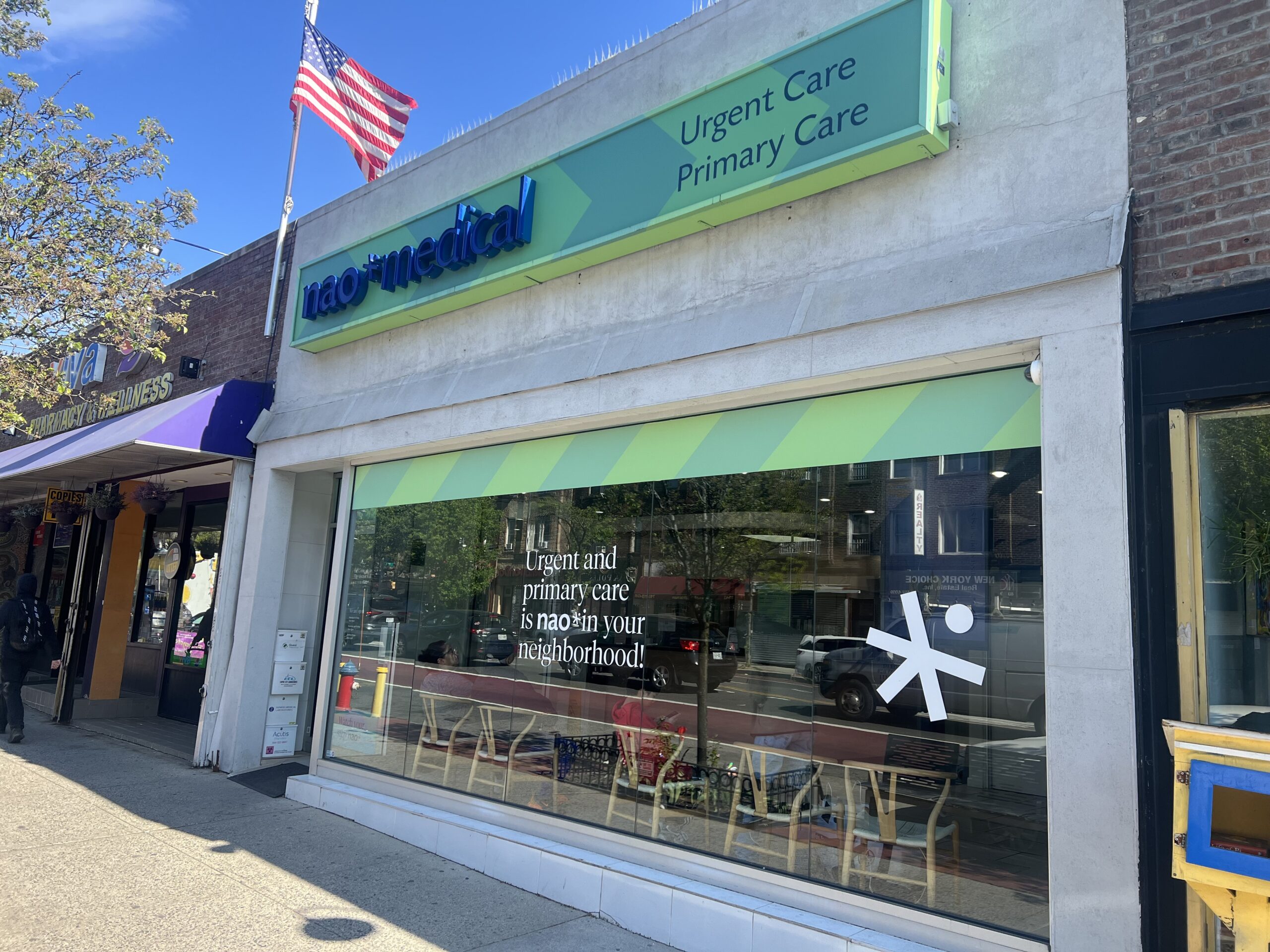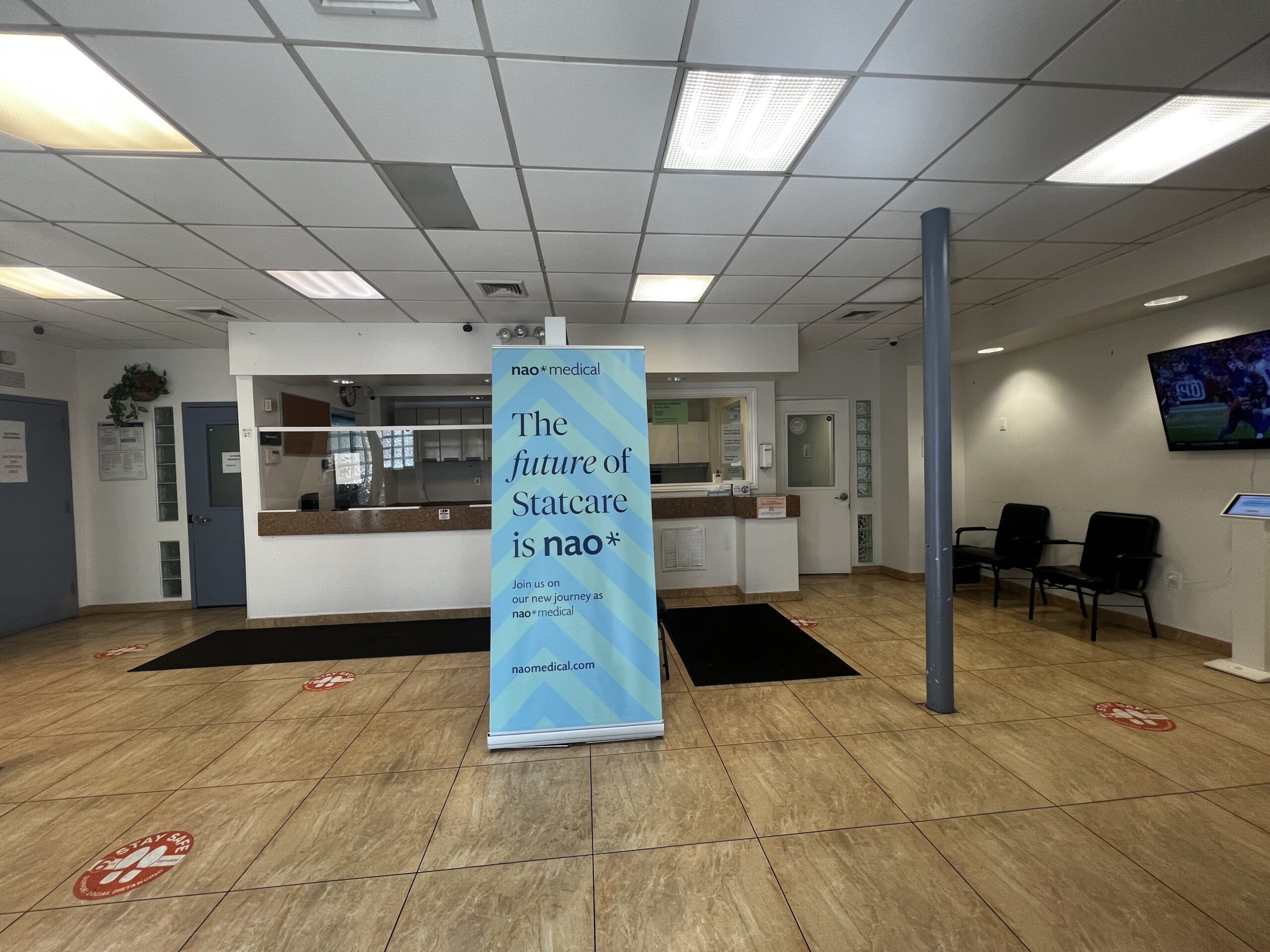Behavioral losses refer to the negative changes in behavior that individuals experience due to mental health challenges. These losses can manifest in various ways, such as decreased motivation, social withdrawal, and difficulty concentrating. If left unaddressed, behavioral losses can significantly impact an individual’s quality of life.
At Nao Medical, we understand the importance of addressing mental health challenges and their associated behavioral losses. Our mental health services are designed to help individuals cope with these challenges and improve their overall well-being.
Understanding Behavioral Losses
Behavioral losses can occur due to various mental health conditions, such as depression, anxiety, and post-traumatic stress disorder (PTSD). These conditions can affect an individual’s mood, thoughts, and behavior, leading to negative changes in their daily life.
For example, individuals with depression may experience a loss of interest in activities they once enjoyed, difficulty sleeping, and feelings of hopelessness. Those with anxiety may experience excessive worry, restlessness, and physical symptoms such as sweating and trembling.
PTSD can cause individuals to experience flashbacks, nightmares, and avoidance of triggers associated with the traumatic event. These symptoms can lead to social withdrawal, difficulty concentrating, and other behavioral losses.
Coping Strategies
At Nao Medical, we offer a range of mental health services to help individuals cope with behavioral losses and other mental health challenges. Our therapists and psychologists are trained to provide evidence-based treatments, such as cognitive-behavioral therapy (CBT) and dialectical behavior therapy (DBT).
We also offer medication management services for individuals who may benefit from medication in addition to therapy. Our mental health services are available in NY, and we offer same-day appointments and virtual care options for added convenience.
In addition to seeking professional help, there are several coping strategies individuals can use to manage behavioral losses. These include:
- Engaging in regular exercise and physical activity
- Practicing relaxation techniques, such as deep breathing and meditation
- Maintaining a healthy diet and getting enough sleep
- Engaging in social activities and maintaining social connections
- Setting realistic goals and breaking them down into manageable steps
Take Control of Your Mental Health
At Nao Medical, we believe that everyone deserves access to high-quality mental health services. If you are experiencing behavioral losses or other mental health challenges, we are here to help. Contact us today to schedule an appointment or learn more about our mental health services in NY.
FAQs
What are behavioral losses?
Behavioral losses refer to the negative changes in behavior that individuals experience due to mental health challenges. These losses can manifest in various ways, such as decreased motivation, social withdrawal, and difficulty concentrating.
What mental health conditions can cause behavioral losses?
Behavioral losses can occur due to various mental health conditions, such as depression, anxiety, and post-traumatic stress disorder (PTSD).
What coping strategies can help manage behavioral losses?
Coping strategies for managing behavioral losses include engaging in regular exercise, practicing relaxation techniques, maintaining a healthy diet and sleep schedule, engaging in social activities, and setting realistic goals.
Takeaway
Behavioral losses can significantly impact an individual’s quality of life, but they can be managed with the right support and coping strategies. At Nao Medical, we offer evidence-based mental health services to help individuals cope with behavioral losses and other mental health challenges. Contact us today to take control of your mental health.
Click here to learn more about our mental health services.
Sources:







 (917) 310-3371
(917) 310-3371












